Chess Books For Your Best Level
16/04/2023 - Actualizado: 21/06/2023
The chess literature is expanding more and more, not only in terms of the books that can be found in physical format, but also the chess books in digital format, so much material can confuse us when it comes to choosing what to read or which one to read first. In today's article we will give some recommendations for beginners who are just beginning to discover the fantastic world of 64 squares, and for club players who would like to have more tools in their arsenal.
Chess Book
Zurich International Chess Tournament (David Bronstein)
It is a chess book written by David Bronstein in 1956, this was its first Russian edition, over time many editions have been published in different languages, thanks to its great sales success.
In this book we will find the collection of games played in the Zurich tournament, one of the most important tournaments of that time, thanks to the players who participated in it, who if they were of this time would be considered super elite, such as Smyslov; Geller; Boleslavski; Bronstein; Najdorf; Szabo; Keres; Kotov; Gligoric; Reshevski; Taimanov; Euwe; Petrosian; Averbaj; and Stahlberg.
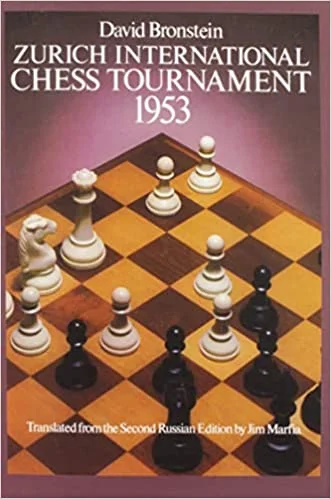
Seeing that it is a collection of the games from this tournament, we can make the mistake of thinking that it is just another database, but in physical format, but this fantastic book is much more than that, based on the fact that it was written by one of the most accomplished chess players of all time, where he explains in his own words and his own ideas what happens in each game.
This chess book is perfect for improving our understanding of chess, we recommend that you first review the games without seeing Bronstein's comments and write down what you analyze in them, the ideas, possible lines and even the moves that seem to you to be mistakes, and after doing your own analysis, compare it with Bronstein's analysis so that you will get the most out of it by correcting your analysis and your understanding of chess (it is written in such a way that we will feel as if we are taking a lesson from one of the best players in history).
My System (Aron Nimzowitsch)
This is one of the most famous chess books in the chess literature, it was written in 1927 and contains many elements that are used in modern chess thinking (almost like a kind of Nostradamus).
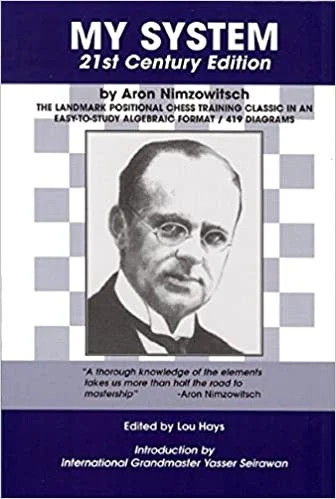
It is a book that many world champions and world class players have publicly claimed to have read.
One of the world champions, Tigran Petrosian, took the teachings of this book to the highest level, which allowed him to remain among the best players in the history of chess.
Over time it has become a must read if you really want to improve in chess, providing a solid foundation on key issues for modern chess such as prophylaxis, centralization and blocking.
100 Endgames You Must Know (Jesus de la Villa)
Written by Jesus de la Villa, it is a text that has become a manual for the last phase of the game, more specifically for the endgames, where the theory, unlike in the openings (where there is always something new), is always the same, there is not every now and then a new variant of an endgame, the endgames in their great majority have already been studied and solved.
As the author himself notes, the level of endgames among players from the semi-professional level down is very low, and knowing how to play them is an advantage that will undoubtedly translate into many points in our favor.
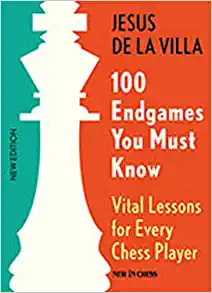
In the book we are shown the endgames that usually occur more easily, we are explained the ideas and plans in these endgames in a very simple way so that we can apply them in our own games. In this book we will find simple rules to follow in the positions, a lot of diagrams to better understand the content and a lot of exercises so that we can test the newly learned knowledge.
Thanks to the low level of endgames at the amateur level, we will gain a great advantage by mastering the most important ideas and having a guide on how to play the game so that we have a greater advantage in the endgame.
Lessons with a Grandmaster I, II, III (Boris Gulko and Joel Sneed)
Written by Boris Gulko and Joel Sneed, this is, in my opinion, a unique series of books.
GMs or high level players take many things for granted that are not so clear to us amateurs. Thanks to their great knowledge of chess, their brains have automated a lot of knowledge that can be difficult for them to explain, it's like a boxer who has thrown the same punch an incalculable number of times, he would tell us "I do like this, and like this, and then like this, and that's it".
In this chess book we will see two perspectives, one from GM Boris Gulko, Soviet and American Champion, and the other from his student, Dr. Joel R. Sneed, who is Professor of Psychology at Queens College, New York University. We will learn not only from the teacher's perspective, which can be confusing because of his high level, but also from the student's perspective. In the book we will learn from the conversations they have with each other and from Boris Gulko's own experience and games, we will have the opportunity to be taught by a GM of the highest level.
The books deal with three important topics to achieve a good level of chess: strategy, tactics and psychology in competitive chess.
What is your favorite book?
⭐️ If you want to know more about other articles similar to Chess Books For Your Best Level you can visit our category Chess Training. We are waiting for you inside 👍
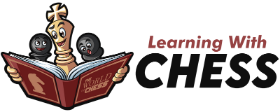

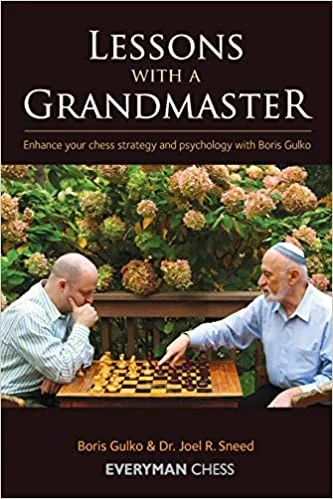
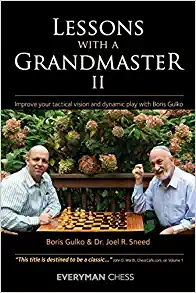
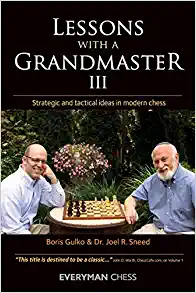

Leave a Reply